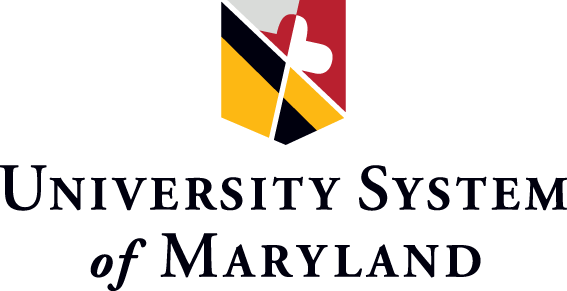Systemwide Frequently Asked Questions
The IRS does not require taxation of tuition remission benefits for undergraduate courses, unless the spouse or child is not claimed as a dependent on the employees' tax return.
As of January 1, 2002, tuition remission benefits for employees for graduate level courses will no longer be taxed unless the amount remitted exceeds $5,250.00.
- If the remission does exceed the $5,250 maximum, the employee will be taxed on the amount above the maximum threshold, unless the program is either required as a condition of employment, or would maintain or improve the skills for the current position.
- If the graduate level courses meet the above non-taxable conditions, a Nontaxable Tuition Remission Graduate Supervisor Certification must be included with the Tuition Remission Request Form and Taxability Affidavit.
- Tuition remission for spouses and dependents at the graduate level will continue to be taxed. The amount to be taxed will be added to the employee's paycheck over set pay periods and taxes will then be deducted.
For more information about taxation, please visit the tax information chart.
The deadlines for receiving a tuition remission application is set by each campus. Please visit the "Deadlines" calendar for more details about the deadlines for each campus.
Please visit our "Contact Us" page.
The dropdown provided allows you to direct your correspondence to the appropriate contacts at each institution.
Please be sure to review the full USM Board of Regent's Policy on Tuition Remission for Faculty and Staff remission and Spouse and Dependent remission.
_________________
An employee is generally eligible for tuition remission for education if:
- They are a “Regular” Nonexempt or Exempt Staff or Faculty employee
- Have FTE employment of greater than 50%
Employees that are ineligible for tuition remission include:
- Contingent 1 status employees
- Employees with a FTE of less than 50%
After your application has processed through the entire approval process, the bursar's/student account's office will apply payment to the student's account. You will receive an email notification that your application has been processed and applied to the student's account.
Make sure to periodically check your student account for final confirmation.
The reciprocal institutions are not yet accepting applications through the USM Tuition Remission system. In order to apply for remission to these institutions, please continue to submit a paper form: https://www.usmd.edu/usm/adminfinance/TuitionRemissionRequestForm.pdf
- Baltimore City Community College:
- Limitations and Restrictions:
- Noncredit Courses excluded. No reciprocity for spouses. Retirees and their dependent children are not eligible.
- Faculty/Staff Credit Limit:
- 8 credits
- Limitations and Restrictions:
- Morgan State University (MSU)
- Limitations and Restrictions:
- Minimum enrollment in all courses to meet costs must occur before tuition remission will be accepted. No reciprocity for Grad Assistants or spouses. Retirees and their/Dependents are not eligible.
- Faculty/Staff Credit Limit:
- 8 credits
- Limitations and Restrictions:
- St. Mary’s College of MD (SMCM)
- Limitations and Restrictions:
- Scholarship awards from St. Mary’s cannot exceed the value of in-state tuition. Tuition remissions are scholarships and count toward this limit. Internships, independent studies, and non-credit courses can only be taken with tuition remission if they do not result in additional expense for the College. Spouses, Retirees and Retiree spouses/dependents, & Graduate Assistants are not eligible. Graduate courses are not available for dependents. Reciprocity for UMB, UB, UMCES, and USMO has been amended. Please consult with your HR Office..
- Faculty/Staff Credit Limit:
- 8 credits
- Spouse/Dependent Credit Limit:
- 4yrs full-time; total maximum of 8 fulltime Fall/Summer and/or Spring semesters, including semesters when students registered but withdrew or did not attend
- Limitations and Restrictions:
In case you haven't found the answer for your question please contact your institutions HR department.

